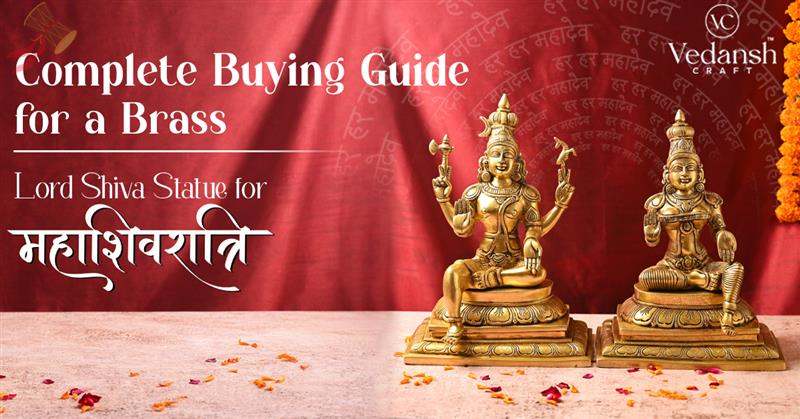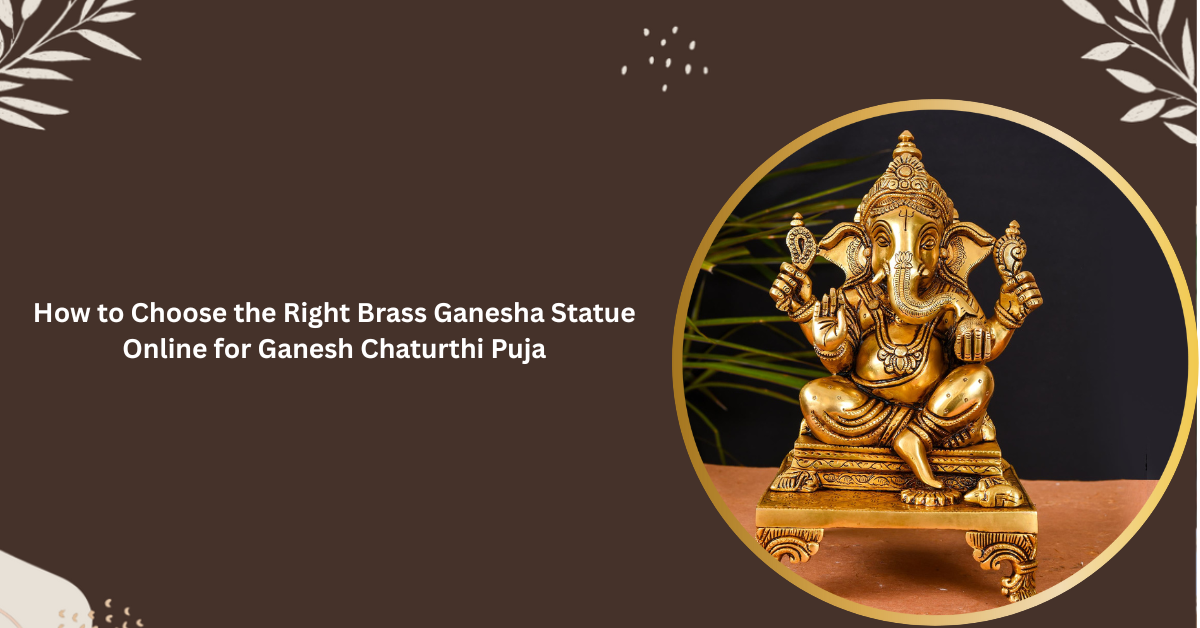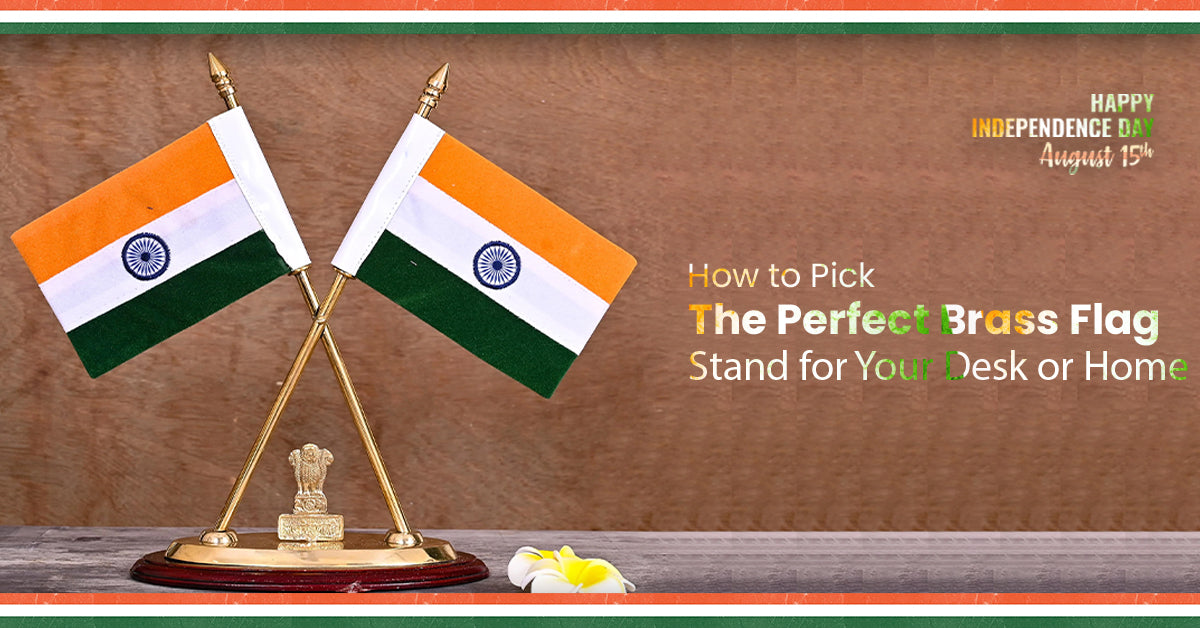

Which God is Worshipped on Diwali?
, by javed techqart, 7 min reading time
Diwali is a magical and colorful festival known as the Festival of Lights. Imagine your home decorated with beautiful, twinkling lamps and candles of all shapes and sizes. It is a time when the night sky is lit up with fireworks, and the air is filled with laughter and joy. Diwali is just like that, a time when light overcomes darkness and good conquers evil. Millions of people worldwide celebrate Diwali. People from many different countries and backgrounds come together to enjoy the festivities and share in the happiness that Diwali brings.
Diwali is a festival with deep meaning and history. It is about lighting lamps and worshiping the Gods and Goddesses. Understanding the central deity, the God or Goddess that people worship during Diwali, helps us appreciate the rich traditions and stories behind the festival. It also helps us learn about different cultures and their beliefs.
The Diversity of Diwali Celebrations
Diwali is like a big, colorful tapestry, with each thread representing a different way of celebrating. In different parts of India and around the world, people celebrate Diwali uniquely. They have their own traditions, customs, and stories that make their Diwali special. For example, in some places, people light earthen lamps, while in others, they create intricate rangoli designs outside their homes.
No matter where Diwali is celebrated, there is a common theme that ties all these celebrations together: the lighting of lamps and offering of prayers. Lighting lamps symbolizes the triumph of light over darkness and goodness over evil. It is a way of spreading positivity and hope. Offering prayers to God or Goddess during Diwali is a way of thanking them for their blessings and seeking guidance in the year ahead.
Deities of Diwali
Diwali is a festival that honors several important deities, each of which plays a unique role in the celebration. The primary deities worshipped during Diwali include Lord Rama, Goddess Lakshmi, and Lord Krishna, along with other Gods and Goddesses like Lord Ganesha, Kubera, and Saraswati.

Diwali is celebrated over several days, and each day has its own significance. For example, Lord Rama is worshipped on his return to Ayodhya, while Goddess Lakshmi is revered on the day of Amavasya, the darkest night of the year. Understanding which deity is honored on which day helps us participate in the rituals and prayers with greater devotion.
Each of these deities has a fascinating story connected to Diwali. Lord Rama's return from exile and his victory over the demon king Ravana symbolizes the triumph of good over evil. Goddess Lakshmi, the Goddess of wealth, represents prosperity and well-being. Lord Krishna's victory over the demon Narakasura signifies the conquest of darkness by light. By worshiping these deities, people seek their blessings for happiness, prosperity, and protection.
Lord Rama and Diwali
Lord Rama is a central figure in Diwali celebrations. He is revered as the seventh incarnation of Lord Vishnu and is known for his righteousness and courage. His story holds a special place in the hearts of those who celebrate Diwali.
Diwali commemorates the return of Lord Rama to his kingdom, Ayodhya, after 14 years of exile and his victory over the evil demon king, Ravana. This story is found in the ancient epic, the Ramayana. When Lord Rama returned, the people of Ayodhya lit lamps to welcome him, and this tradition continues today.
During Diwali, people create colorful displays and processions, known as 'Rama Lila,' depicting the life and adventures of Lord Rama. They also worship idols of Lord Rama, his wife Sita, his loyal brother Lakshmana, and his devoted devotee Hanuman. Lighting lamps and performing puja (prayers) in their honor is a way of showing gratitude for their exemplary lives and seeking blessings for a brighter future.
Goddess Lakshmi and Diwali
In Diwali, Goddess Lakshmi holds a special place of honor. She is the Goddess of wealth, fortune, and prosperity. People believe that by worshiping her during Diwali, they can invite good luck and abundance into their lives.
Goddess Lakshmi is often depicted as a beautiful woman with four arms, symbolizing prosperity, righteousness, desires, and liberation. Her association with wealth and prosperity is deeply rooted in the belief that she brings financial well-being and success to those who seek her blessings.
During Diwali, people prepare their homes by cleaning and decorating them to welcome Goddess Lakshmi. They believe that she visits homes that are clean and well-lit. People perform pujas (prayers) and light oil lamps to create a warm and welcoming environment. They also make colorful rangoli designs at their doorstep to greet the Goddess. Offering flowers, sweets, and special prayers is a way of showing devotion and seeking Goddess Lakshmi's blessings for prosperity and happiness.
Other Deities Worshipped on Diwali
Alongside Lord Rama and Goddess Lakshmi, Diwali also includes the worship of other important deities like Lord Ganesha, Kubera, and Saraswati.
Lord Ganesha: Lord Ganesha, the elephant-headed God, is worshipped at the beginning of Diwali. People seek his blessings to remove obstacles and bring success to their endeavors. It's customary to pray to Lord Ganesha before starting any new venture during this auspicious time.

Kubera: Kubera is the treasurer of the Gods and is considered the guardian of wealth and riches. People worship Kubera to ensure financial stability and prosperity in their homes. It's believed that his blessings can bring abundance and good fortune.

Saraswati: Goddess Saraswati embodies knowledge, music, and the arts. Some people celebrate Diwali by paying tribute to her, especially students who pray for wisdom and academic success. It's a way of honoring the importance of education and culture during the festival.

Gods Worshipped on Diwali
Diwali is a festival of light and spirituality that brings people together to celebrate and honor several significant deities. The central deities include Lord Rama, Goddess Lakshmi, and Lord Krishna, while Lord Ganesha, Kubera, and Goddess Saraswati also play crucial roles in the festival.
Diwali is a festival that unites people from various backgrounds and regions. While the specific deities and customs may vary, the overarching theme of celebrating light, goodness, and the victory of good over evil remains constant. This unity in diversity showcases the beauty of Diwali as a shared celebration of hope and positivity.
Diwali is a time to remember the divine and seek blessings from many deities. The worship of these gods and goddesses serves as a reminder of the spiritual and cultural significance of Diwali. It is a time for people to unite, strengthen their bonds, and celebrate the values of righteousness, prosperity, knowledge, and the triumph of good over evil. In doing so, they fill their homes and hearts with joy and harmony during this special time of the year.
Blog posts




